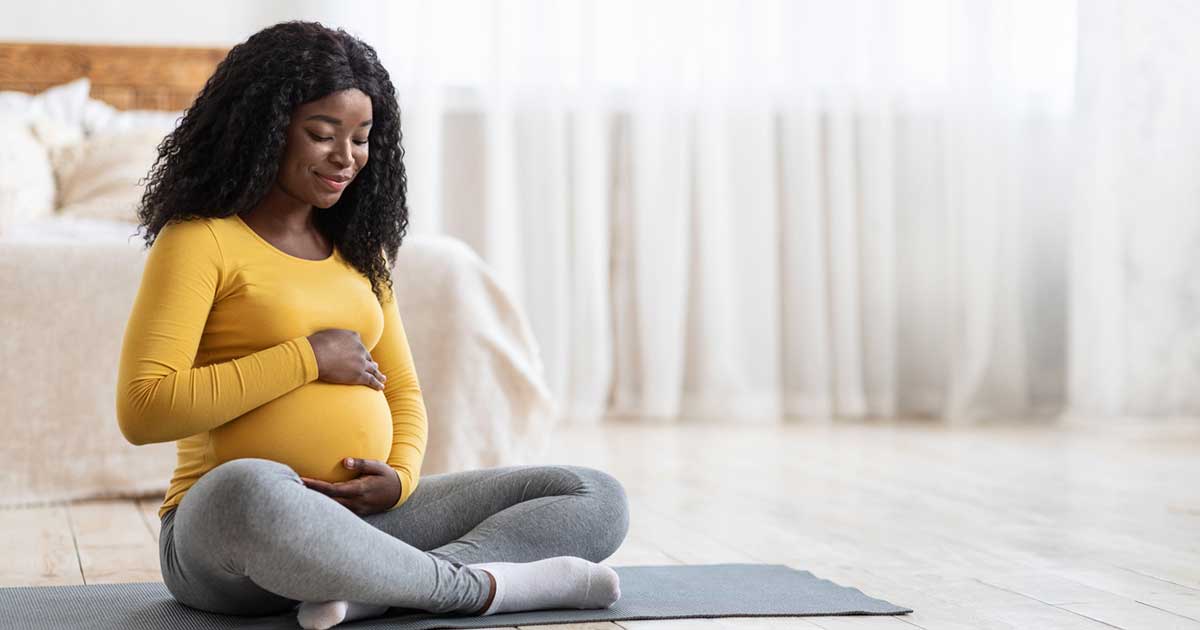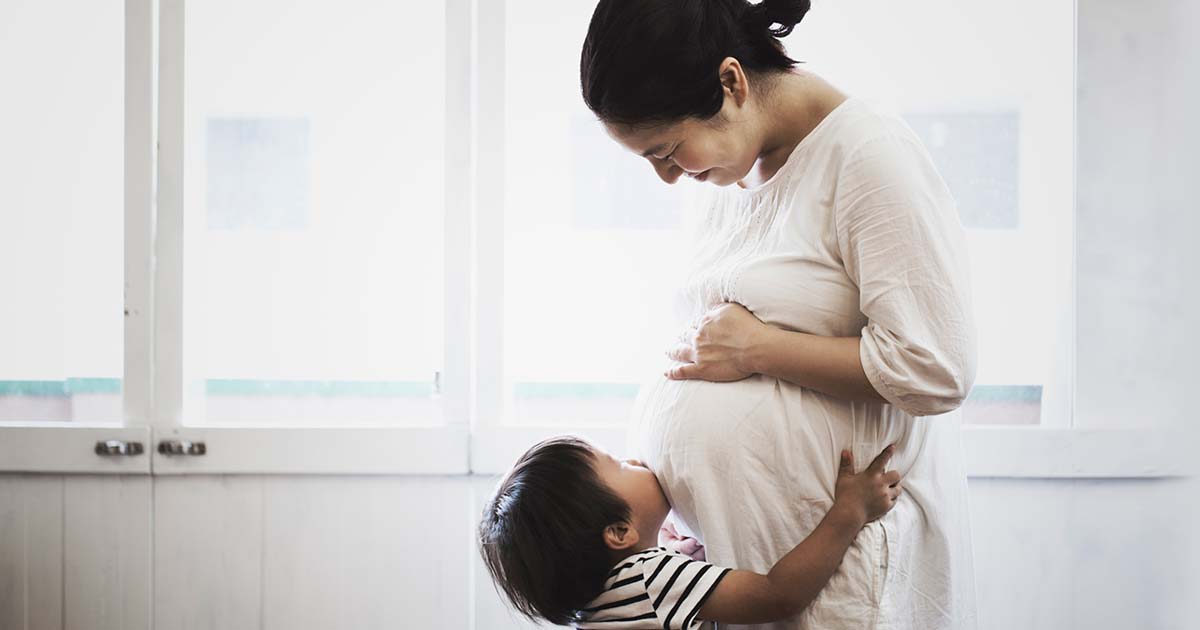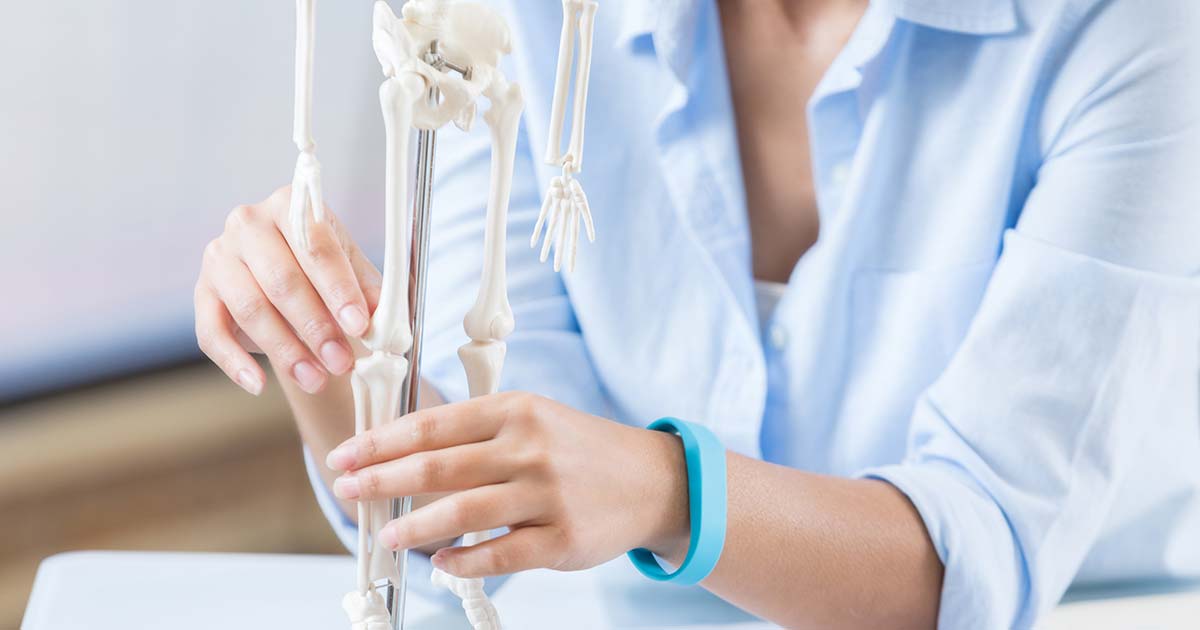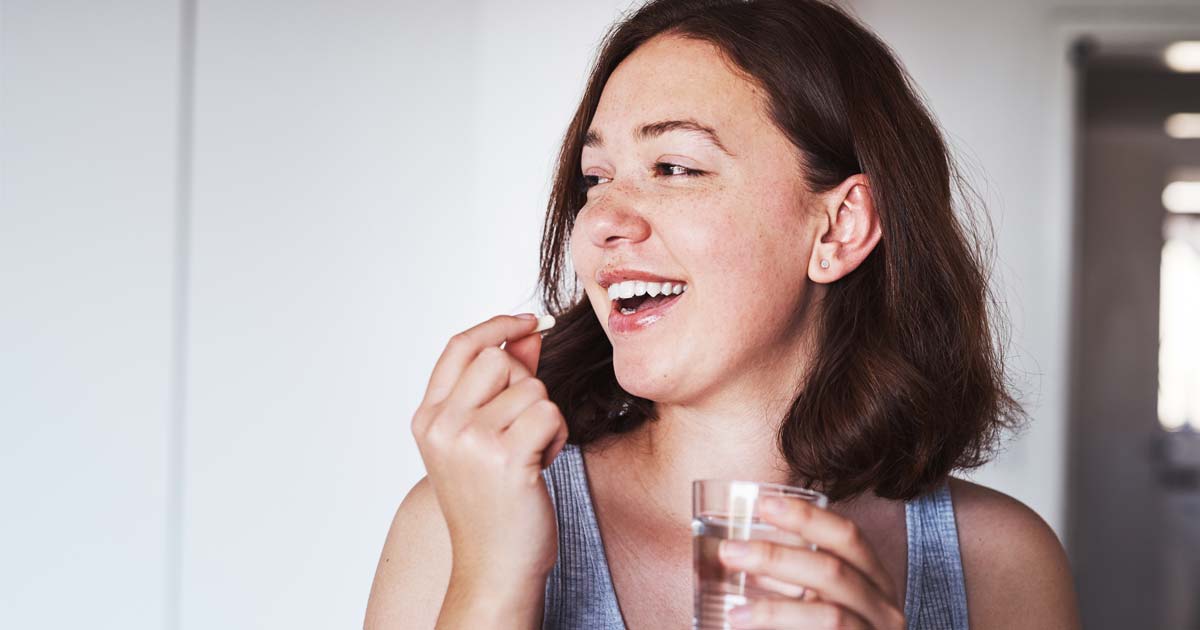
Advice to improve your movement, fitness, and overall health from the #1 in orthopedics in the U.S.
Pregnancy and Bone Density: What to Know
HSS endocrinologist Jessica Rachel Starr explains why it’s important to know how pregnancy affects your bones—and what happens after your baby is born.
Advice to improve your movement, fitness, and overall health from the #1 in orthopedics in the U.S.

We asked for an explanation from HSS endocrinologist Jessica Rachel Starr, MD, a specialist in bone health and metabolic bone disease. Here, she explains how pregnancy and breastfeeding affect bone health, how to tell if you’re at risk for problems (which are rare) and how to avoid unwarranted worrying—or getting misdiagnosed with osteoporosis.
How Pregnancy Affects the Bones
“The basic story is that pregnancy is a good state for the bones,” says Dr. Starr. “When you’re pregnant, you have very high levels of estrogen, and estrogen is very good for building bones.”
In the body, bone is constantly being built by cells called osteoblasts and broken down by other cells called osteoclasts. Estrogen helps regulate this cycle, which is why bone loss typically begins to be a problem in the years before menopause, when estrogen levels start to drop.
Another positive for bones during pregnancy is that many women take in more calcium at this time via supplements or food, at the direction of their obstetrician. That’s a good thing, especially since women’s bone mass (the amount of bone in the body) tends to peak in their 30s, which affects the likelihood of developing osteoporosis (low bone density) later in life.
Here’s the part that may surprise you: Bone loss can occur—and in fact usually does occur—right after pregnancy, with or without breastfeeding. That’s because this is the time when estrogen levels tend to take a nosedive, just as they will when a woman’s periods slow to a stop.
But it’s not all bad. “While there is generally a little bit of bone loss after pregnancy, it is typically restored after the woman’s period comes back,” says Dr. Starr. “For the average person, it’s not something I would worry about.”
As for breastfeeding, there was a time when researchers believed it was linked to osteoporosis later in life. But according to recent research, that’s no longer the case. “After reviewing a large number of studies, researchers now believe that breastfeeding may actually cause positive changes to bone density over a lifetime,” says Dr. Starr. So if you want to breastfeed your baby, don’t worry about the impact on your bones in the long term.
Who May Be Prone to Problems?
Some women may begin their pregnancy with a lower bone density due to a pre-existing condition. Risk factors include a family history of osteoporosis; a personal history of disordered eating or the Female Athlete Triad; a digestive disease such as Crohn’s or inflammatory bowel disease, which can affect the absorption of calcium; or a bone disorder such as osteogenesis imperfecta (brittle bone disease). While such women may regain the bone they lost during pregnancy, it’s less likely for it to return to “normal” levels because they started at a deficit. Women with these issues may benefit from talking to an endocrinologist and a nutritionist before becoming pregnant so they can make a plan to protect their bones as much as possible.
It’s important to note that in very rare cases, pregnancy-and-lactation-associated osteoporosis (PLO) can cause a woman to be more prone to bone fractures, especially in the hip or spine, with or without an impact such as a fall. A common symptom of PLO is excruciating pain in the back or wherever the fracture has occurred. If this happens, a woman should seek urgent or emergency care.
What to Know About Bone Density Tests
It can take up to a year for a woman’s bone density to naturally restore itself after childbirth, so it’s important not to be alarmed if you happen to have a test result showing low bone density during that time. If you breastfeed, the bone-restoration clock starts after your baby is weaned. If you happen to be sent for a bone density scan (say, due to stress fractures) within 12 months of having or weaning a baby, be sure to give your doctor this key information. They can always schedule a follow-up test after the one-year window to see if your bone strength is back to normal.
How to Baby Your Bones as a New Mom
Motherhood comes with a lot of new demands. Adopting or returning to habits that promote health—including bone health—can help you have more energy, reduce your stress and set a good example for your children about self-care.
One important aspect of this is eating properly. Though dairy is a great source of calcium, you can also get it from other foods like dark leafy greens (spinach, kale and bok choy) and chia seeds, for example. “I actually recommend eating multiple servings of calcium-rich foods throughout the day, instead of taking supplements,” says Dr. Starr. “If it’s a food thing, you’re more likely for it to become part of your lifestyle.”
She adds that there is only a small part of the small intestine where calcium is absorbed, so if you take a large dose at once, as with a supplement, it’s less likely to all be taken into your body and, in turn, your bones.
If you’re well past the baby years, keep in mind the estrogen-osteoporosis connection, too. As estrogen levels drop during the transition from perimenopause to menopause, hormone therapy can reduce the risk of brittle bones and fractures later in life. But do share the above information with the women in your life who are starting a family. They’ll love you for giving them one less thing to worry about!
Published 10/14/2021


